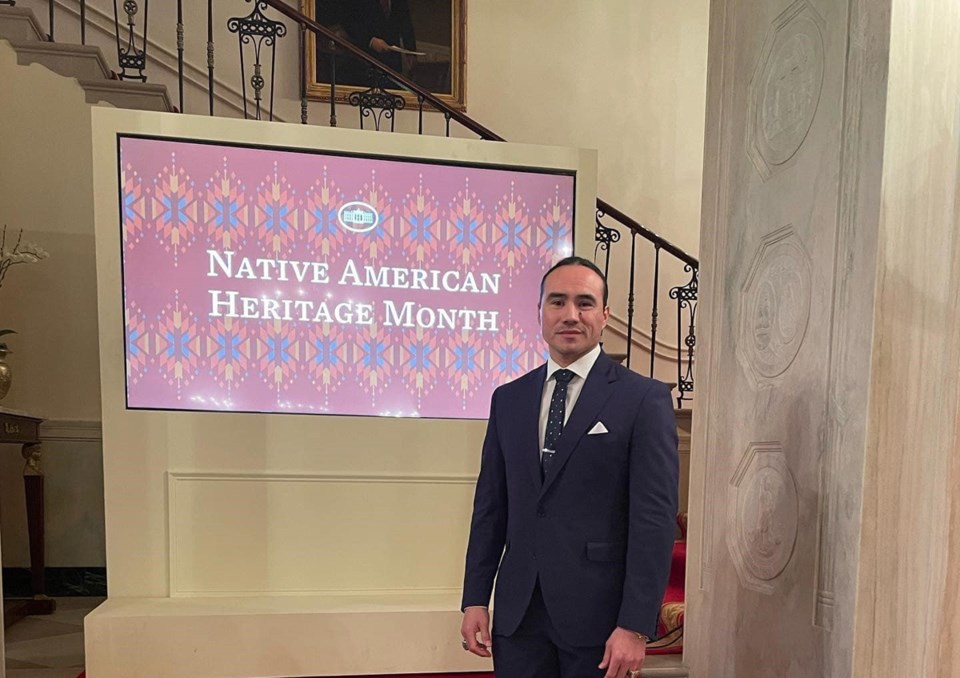YORKTON - Michael Linklater might not be the first person one thinks of in terms of Canadian basketball, but his resume suggests he probably should be a person at least coming to mind.
Linklater came to prominence in the sport when he was a key member of the University of Saskatchewan Huskie men’s basketball team when it captured its first and only CanWest Conference Championship and CIS National Championship in 2010.
Linklater, a Nehiyaw (Cree) descending from the Thunderchild First Nation, located in Treaty 6 Territory, then went on to establish himself as one of the FIBA 3x3 World’s top professional basketball players and was a Team Canada member. He was named 3x3 World Tour Most Spectacular Player.
Linklater is also the recipient of the 2018 Tom Longboat Award, which recognizes Aboriginal athletes "for their outstanding contributions to sport in Canada".
And, he was a member of the CEBL Saskatchewan Rattlers in the league and team’s inaugural season which ended with the Rattlers winning the championship.
It is the sort of impressive resume which now gives Linklater, retired from pro ball, a platform to speak out for Indigenous inclusion in sport and other issues of importance to his people.
That includes receiving a call from the Toronto Raptors.
“It was the cultural inclusion side of the operation,” Linklater explained, adding they wanted Indigenous people “to have a voice and representation,” and he was asked to fill the role.
Linklater said basketball is becoming a bigger sport for many indigenous youth, adding it has been that way in the United States for many years already. He said as a youth when he began playing the difference was many did not stay on the court.
“I was one of the few in Canada who really stuck with it, and took it to the heights that I did,” he said.
Today, in part because of the influence of the Raptors and to a lesser extent the CEBL, the game is seeing greater interest from youth in general.
“In Canada we’re definitely seeing the growth of basketball and interest rising,” said Linklater.
Linklater said a key to the growth is how easily youth can become involved.
“For myself it was accessibility. Coming from a humble background we could never afford hockey,” he said, adding with basketball it was a ball and you were able to play as courts inside and out generally exist.
While lower cost than hockey, basketball still offers youth all the benefits of team athletics; social skills, life skills, noted Linklater.
The path of basketball has certainly been a good one for Linklater, even getting him to the American White House recently, as he attended the first ever Native American Heritage Month reception. His invite to the November 15 event came from first lady Jill Biden.
“I think I was the only Canadian,” he said. “It was a tremendous experience, something I’ll never forget.”
Linklater said the invite was a result of his advocacy work with youth, which is something he holds as personally very important.
“I want to give back to Indigenous youth as an advocate for our culture,” he said, his interest in giving back has “always been part of me and who I am.”
And that means being more than a basketball player, said Linklater who added he believes he has more to offer as an advocate for Indigenous culture.
But, he also realizes he has a platform from which to do that because of the recognition he has from excelling at basketball.
“Sport was a great calling for me,” he said. “. . . Sport was a great blessing to have been able to play.”

